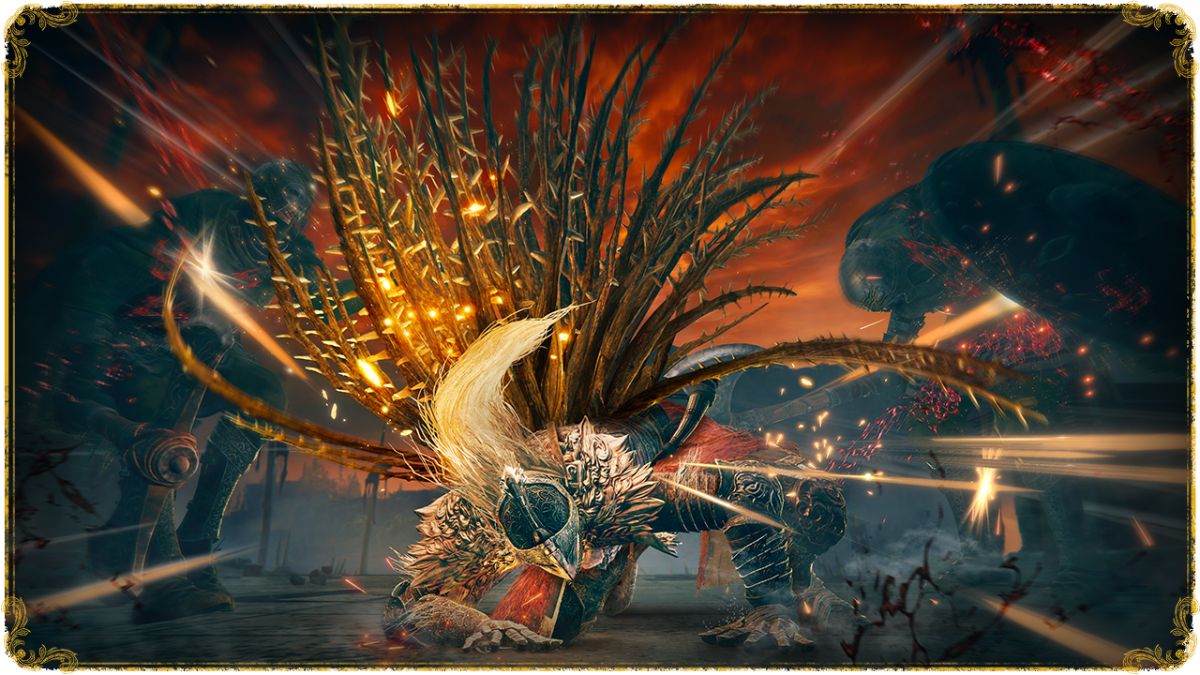Chinese companies investing in international game developers is apparently costing the foreign firms dearly, according to a report by the U.S.-China Economics and Security Review Commission released on May 17.
Chinese companies investing in international game developers is apparently costing the foreign firms dearly, according to a report by the U.S.-China Economics and Security Review Commission released on May 17.
Although China is the largest gaming market by revenue, many foreign developers releasing games in the country are apparently being shortchanged. The report says that foreign developers only receive between 33 to 50 percent of any PC game revenue in the country, due to Chinese game publishers retaining a majority of the revenue from sales.
Conglomerates like Tencent Holdings have engaged in gigantic spending sprees within the gaming industry. After acquiring a majority stake in League of Legends developer Riot Games for $231 million in 2011, the company also bought Finnish mobile game developer SuperCell in 2016. The SuperCell deal was so substantial that it ranked as the largest international acquisition by a Chinese company for that year.
Related: Tencent begins $15 million promotional blitz for Fortnite in China
The report focuses a lot on League of Legends developer Riot Games. Although the company is still based in the U.S., a majority of the game’s revenue in China remains in the country as part of the conglomerate’s distribution deal with Tencent. Additionally, Tencent’s largest gaming asset is its mobile MOBA Honor of Kings, which the report alleges is almost identical to League both visually and gameplay-wise. The authors of the report believe that the Chinese government’s strict market regulations have encouraged Chinese developers to acquire international games and intellectual property for the purpose of repackaging them for Chinese audiences.
China’s guidelines for the sale of video games is also incredibly strict when it comes to content. In some cases, non-Chinese games have been accepted by the Chinese Ministry of Culture by removing visual content like skulls or ghosts. In some cases, however, games are declined based on specific gameplay elements that developers can’t simply remove. As such, the report argues that “Chinese gamers frequently pirate these games, depriving U.S. companies of significant revenue.”
Despite the growing influence of these mega-conglomerates, the authors of the report believe that China might come down harder on international acquisition in the future. The report says that China’s minister of commerce, Zhong Shan, argued against “blind and irrational investment,” in March 2017. More specifically, Shan’s statements were made in regards to Chinese companies in other industries buying up international tech firms and game developers.”
Although China’s stance against these companies might become more stringent, Tencent is, in essence, a game developer. Meaning it might not face the same limitations.






Published: May 25, 2018 01:28 am